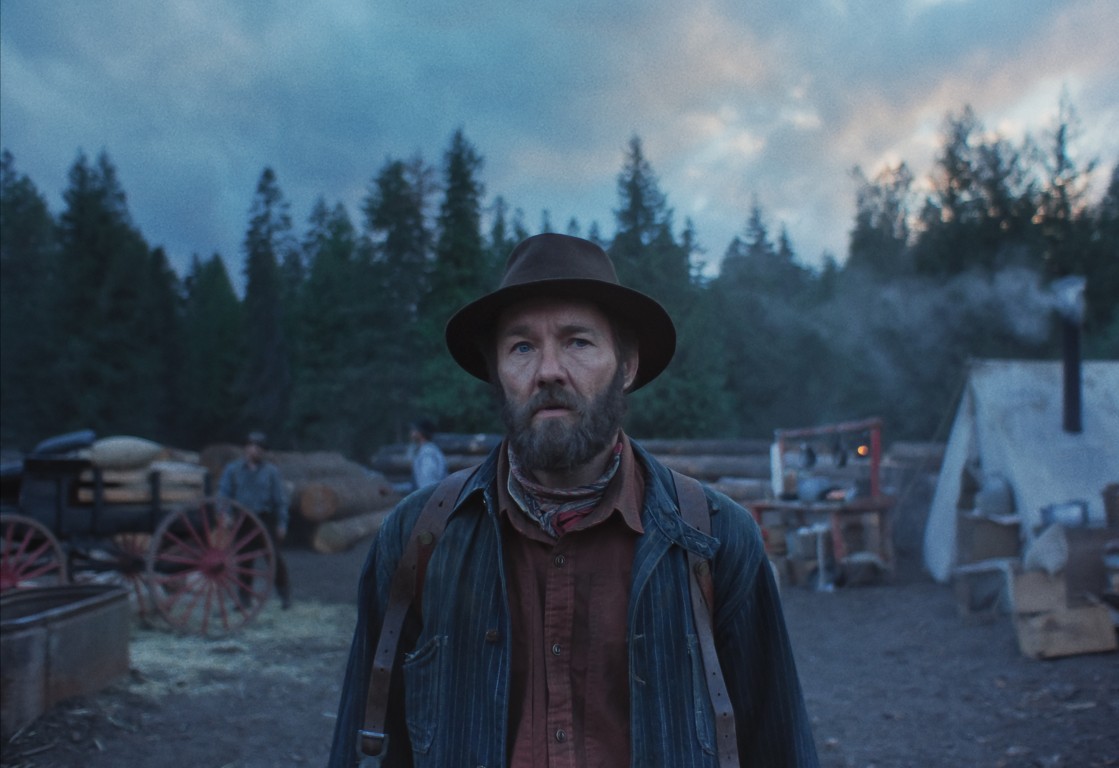
"Lyrical and elegiac even while being rooted in hope and tenderness, director Clint Bentley's " Train Dreams " moves with the grace of a liturgy. The film centers on a logger, Robert Grainier ( Joel Edgerton), whose work building railroads tames America's vast landscape into something manageable. The seasonality of his work means he rarely gets to see his wife, Gladys ( Felicity Jones), or his daughter, Katy, and his life oscillates between the beauty and harshness of his vocation and the joy of being reunited with his family."
"One day, Granier witnesses and is unable to stop a fellow worker, Fu Sheng (Alfred Hsing), from being the victim of a brutal and racially-motivated murder. In the aftermath, Granier believes himself to be cursed in some way, and it isn't long before Job-like tragedies befall him. Amidst his hardships, he learns how to make sense of his place in an ever-shifting world that's all too ready to leave him behind, and in his struggle, he learns to rely on the restorative company of good friends."
"For Bentley and Edgerton, human beings' abilities to rebuild after loss are something they wanted to celebrate."It's a real sign of regrowth when someone, despite their gloominess, finds the joy of living in the moment where they start responding to jokes again and their mirth returns," Edgerton shared. Likewise, for Bentley, the project was a way to reckon with the inherent finitude of existence, how "you give up something for everything you get," and that that's important to remember amidst the "hustle culture we have that's very in fashion right now in the US.""
Train Dreams is a lyrical, elegiac film that follows logger Robert Grainier whose railroad work shapes the landscape and separates him from his wife Gladys and daughter Katy. After witnessing a racially motivated murder, Grainier interprets misfortune as a curse and endures successive, Job-like tragedies. He gradually finds meaning within an ever-shifting world and relies on the restorative company of friends. Bentley and Edgerton emphasize human capacity to rebuild after loss, framing regrowth as the return of mirth and treating the film as a reckoning with finitude and a counterpoint to contemporary hustle culture. The film also touches on production unpredictability and industry anxieties like generative AI.
Read at Roger Ebert
Unable to calculate read time
Collection
[
|
...
]